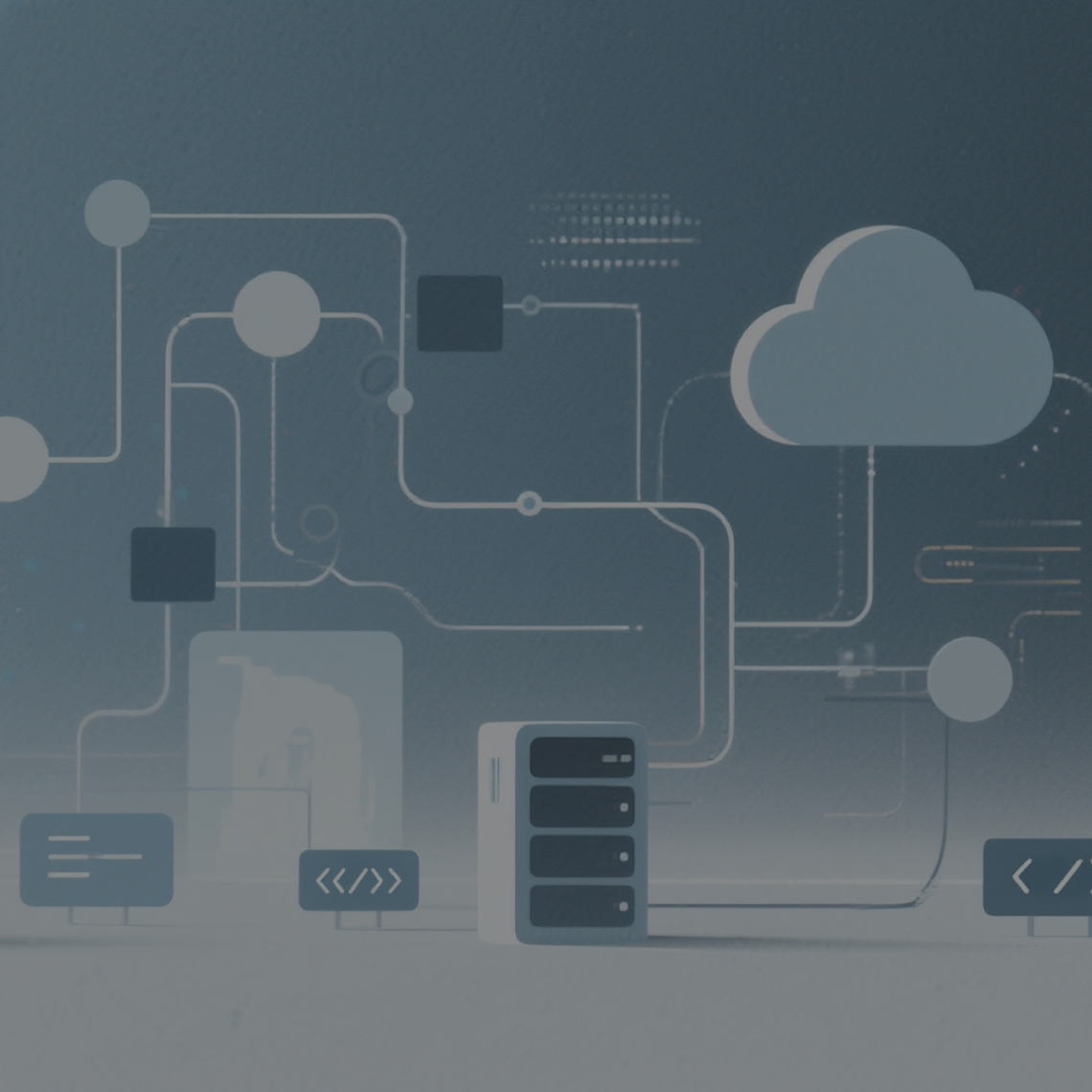In the ever-evolving technology landscape, the rise of Artificial Intelligence (AI) has created a paradigm shift in organizations and how they build their teams. AI is no longer a futuristic concept; it’s a present reality reshaping how we work, think, and innovate. The need for AI-ready workforces is more critical than ever, demanding a reevaluation of the approach to education and training.
Before diving into training strategies, it’s crucial to understand the AI revolution’s impact on the workforce. AI is not just about automation and robotics; it’s about augmenting human capabilities, enabling more efficient decision-making, and opening new frontiers for innovation. As AI continues to penetrate various sectors, the skills required for tomorrow’s jobs are changing, and technologists need both technical proficiency in AI and the ability to work alongside AI.
Integrating AI into education systems
The journey to an AI-ready workforce begins in the classroom. Incorporating AI into the education system is essential to prepare future generations to enter the workforce, and to innovate. This integration should go beyond computer science departments, embedding AI literacy across various disciplines. Educators must incorporate AI fundamentals, applications, and ethical considerations into the curriculum. This holistic approach ensures that students from all fields understand AI’s potential and limitations.
Developing specialized AI programs
Universities and educational institutions should work with high-level AI experts to develop specialized programs that offer deep dives into Machine Learning, natural language processing, robotics, and data analytics. By doing so, they’ll produce graduates with the technical skills needed in an AI-driven job market.
Fostering soft skills
AI readiness isn’t just about technical skills. Soft skills such as critical thinking, problem-solving, creativity, and adaptability are vital. AI may be excellent in processing and analyzing data, but human ingenuity and emotional intelligence are irreplaceable. Education systems must emphasize these soft skills equally to prepare students for AI-centric work environments.
Corporate training and upskilling
For the existing workforce, the focus should shift to training and upskilling. Companies must invest in continuous learning opportunities to keep their employees relevant in an AI-driven world. Organizations should develop tailored training programs that align with their specific AI goals. These programs could range from basic AI literacy for all employees, to advanced AI techniques for IT and data teams. Regular workshops, seminars, and online courses can facilitate this ongoing education.
Partnerships with educational institutions
Companies can benefit from forming partnerships with universities and online learning platforms. These partnerships can provide access to cutting-edge AI courses and resources, helping employees stay ahead of the curve.
Encouraging a culture of lifelong learning
Creating a culture that values continuous learning is essential. Employers should encourage their workforce to engage in lifelong learning, offering incentives like tuition reimbursement or time off for educational pursuits.
The role of online platforms and MOOCs
Massive Open Online Courses (MOOCs) and online learning platforms are invaluable resources in the quest for AI readiness. They offer flexibility and accessibility, allowing anyone to learn about AI regardless of location or schedule. Platforms like Coursera, edX, and Udacity offer courses developed by leading AI and Machine Learning experts.
Government and policymaker’s role
Governments and policymakers play a crucial role in building AI-ready workforces. They should create policies encouraging AI education and training while ensuring ethical AI deployment. Governments can provide funding for AI research and education. Incentives for companies investing in AI training can also motivate more organizations to prioritize workforce development.
Setting ethical and regulatory standards
Policymakers need to set clear ethical and regulatory standards for AI. This includes ensuring AI deployments are fair, transparent, and respectful of privacy and rights. A well-regulated AI environment protects society and guides companies in responsible AI adoption.
Conclusion
While focusing on AI readiness, we must also address the digital divide. Access to AI education and training should not be a privilege of the few. Governments, educational institutions, and corporations must work together to ensure that AI training is accessible to all, regardless of socioeconomic background.
The AI revolution is not a distant future; it’s happening now. Building an AI-ready workforce is imperative for staying competitive in this new era. This requires a multi-faceted approach involving the integration of AI into education systems, corporate training and upskilling, government support, and utilizing online learning platforms.
By fostering an environment of continuous learning and ensuring equitable access to AI education, we can prepare our workforce for the exciting opportunities and challenges that AI brings. Let’s embrace this change with a commitment to learning and innovation, ensuring that the tech teams of the future are AI-ready.
Take your enterprise to new heights with AI-powered managed IT services. Contact Andela today to start building a world-class team of tech experts.





.avif)



.png)










